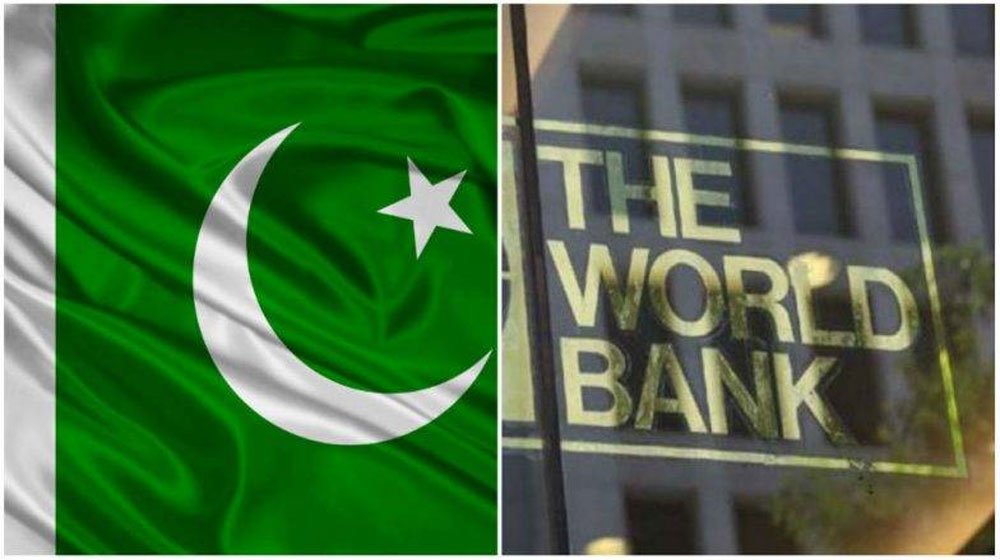The “Punjab Resilient and Inclusive Agriculture Transformation Project” worth $200 million and the “Khyber Pakhtunkhwa Accessibility Project” worth $300 million are two financing agreements totaling $500 million that the government of Pakistan has signed with the World Bank.
On behalf of the Government of Pakistan, the finance agreements were signed by Dr. Kazim Niaz, secretary of the Ministry of Economic Affairs. The World Bank’s country director, Najy Benhassine, signed the contracts on its behalf.
The $200 million Punjab Resilient and Inclusive Agriculture Transformation Project aims to improve farmers’ earnings, especially those of small and medium landowners, while increasing access to and productivity of agricultural water. The project will help make Punjab’s agriculture a more diverse, successful, sustainable, and market-oriented industry.
The project will assist the Punjabi government in addressing issues such as I low water access equity and high on-farm water losses; (ii) low on-farm productivity, limited crop diversification toward higher-value crops and away from more water-intensive crops; low adoption of climate-smart production practises; and limited market opportunities for small and medium farmers. The $300 million Khyber-Pakhtunkhwa Rural Accessibility Project aims to increase safe and climate-resilient rural access to markets, schools, and healthcare facilities in the region.
The project interventions will aid the government of Khyber-Pakhtunkhwa in I improving and rehabilitating provincial roads, (ii) enhancing infrastructure’s resilience to climate change, including raising embankments, installing side drains, bridges, and improving culverts, ditches, and vegetation, (iii) enhancing road safety equipment and infrastructure near schools, hospitals, and markets, and (iv) installing fibre optic infrastructure.
The Ministry of Economic Affairs also signed three additional significant projects worth $690 million (including a $82 million grant) with the World Bank in October 2022 for land management, housing development, and national-level interventions in the health sector. These projects are intended to: I improve land records; (ii) identify land for development, including land for housing programmes in Punjab; and (iii) strengthen housing institutions and systems.
Dr. Kazim Niaz reaffirmed the federal government’s commitment to providing the provincial governments with all available assistance in addressing their financial needs in order to help them overcome development obstacles and achieve more inclusive and sustainable economic growth.










